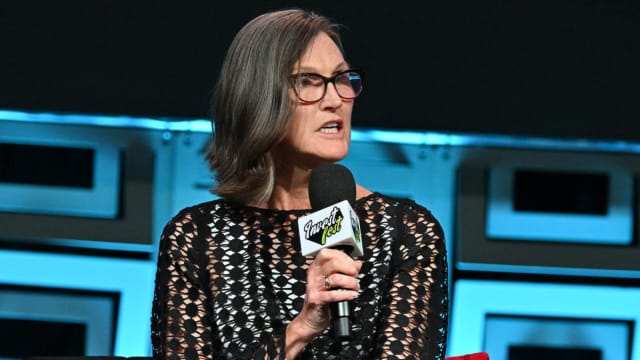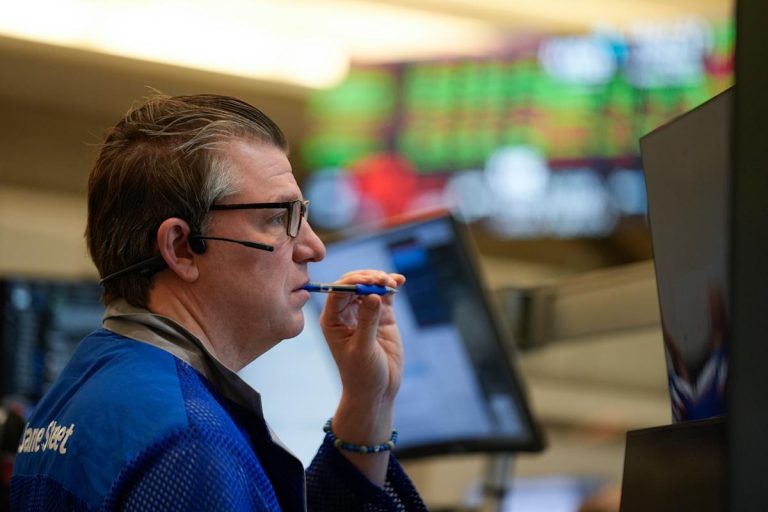Elon Musk Defends Tesla From Political Attacks: Here’s Why He’s Fighting Back
Elon Musk, the CEO of Tesla, has never been one to shy away from controversy. Recently, the billionaire entrepreneur found himself once again at the center of political firestorms—this time, due to growing tensions between his company and various political figures. With a series of public attacks against both himself and Tesla, Musk has pushed back, calling the criticisms “deranged.” His comments come at a time when his relationship with the White House and his outspoken views have sparked debate.
Political Tensions Rise Around Musk and Tesla
Musk’s connection to politics has always been a bit rocky, but in recent months, the criticism surrounding him and Tesla has intensified. Tesla, which leads the electric vehicle (EV) market, has found itself under increasing scrutiny, especially with its growing influence on the auto industry and climate change policies. At the heart of much of this criticism is Musk’s personal relationship with political figures, particularly the Biden administration.
Although Musk has openly backed initiatives to address climate change, some government officials are upset with his unconventional political beliefs and reluctance to fully cooperate with the White House. Musk disagrees with legislators who are calling for stricter rules in the EV industry because he has voiced worries about excessive government involvement in business. Additionally, he has been outspoken about the value of creativity and independence in business, a position that has made him both a hero and a monster in the eyes of many political groups.
Musk’s Response: “Deranged” Attacks on Tesla
In a recent interview, Musk didn’t mince words when reacting to the growing political backlash against him and Tesla. Calling the attacks on his company “deranged,” he strongly defended his vision for the future of Tesla and the electric vehicle market. Musk took aim at critics who have raised concerns about Tesla’s worker rights and production practices. He made it clear that he believed these criticisms were politically motivated rather than based on a fair assessment of the company.
For Musk, the attacks weren’t just about Tesla; they were personal. He pointed to the heated criticism he had received for his decision to stay out of the White House’s EV summit in 2021. While the absence of Tesla at such events was seen as a snub by some, Musk explained that he was focused on advancing his company’s mission and didn’t believe that attending political events would be productive.
Musk stressed that Tesla’s role in the clean energy movement, particularly in reducing carbon emissions, should be celebrated by people across the political spectrum. Instead of being targeted by critics, Musk argued that Tesla’s advancements should be seen as a positive step forward in the global fight against climate change.
Political Backlash Against Tesla’s Independence
Tesla’s increasing independence from government incentives and its unconventional approach to leadership have drawn political fire. While Tesla has benefited from government support, including tax credits and grants, Musk has distanced himself from programs he sees as “crutches” for the business. This has upset certain lawmakers who feel that such government support is vital to ensuring the long-term success of clean energy technologies.
The Biden administration, which has made climate change a cornerstone of its policy agenda, has been notably less enthusiastic about Tesla’s role in the green energy transition. Tesla’s relationship with the administration, which has given preference to businesses that share its pro-union views, has become even more complex due to the company’s absence of unionized employees. Politicians and labor activists have criticized Tesla for maintaining a non-union workforce while other automakers, such as Ford and General Motors, have welcomed unionized labor.
But Musk has maintained that Tesla’s performance shows that an alternative strategy may succeed even in the absence of strong union support or government action. According to him, Tesla’s success in the EV market has been largely attributed to its increased flexibility and inventiveness as a result of its independence.
Tesla’s Impact on the EV and Clean Energy Future
Despite the political friction, Tesla’s influence on the electric vehicle and clean energy industries cannot be understated. As the leader in electric vehicle production, Tesla has helped transform the auto industry, pushing traditional automakers to embrace electric cars and rethink their sustainability practices. Musk’s ambition extends beyond just vehicles, with Tesla’s ventures into energy storage solutions and solar technology playing a significant role in shaping the future of renewable energy.
For Musk, the focus is on continuing to innovate, both in terms of electric vehicles and clean energy solutions. He’s repeatedly emphasized that addressing climate change is far more important than political differences. The ongoing attacks against Tesla and Musk, while frustrating, don’t seem to deter his long-term goals. He continues to push forward with projects like the Cybertruck, which promises to revolutionize the EV market, and the development of new battery technologies that could make electric cars more affordable and accessible.
What Lies Ahead for Musk and Tesla?
Looking ahead, Musk and Tesla face many challenges, both in terms of political scrutiny and competition within the EV market. While Tesla has maintained its position as a market leader, it faces increasing competition from other automakers and new entrants into the electric vehicle space. On the political front, Musk’s outspoken nature and his stance on government involvement in business will continue to draw attention and possibly further criticism.
Musk has made it clear that he doesn’t plan on backing down. Despite the political firestorm surrounding him, he continues to focus on Tesla’s mission to accelerate the world’s transition to sustainable energy. Whether or not his approach will pay off in the long run remains to be seen, but one thing is clear—Musk is not backing down from the fight.
Conclusion: A Complex Intersection of Innovation and Politics
The ongoing clash between Elon Musk, Tesla, and political leaders highlights the complexities that arise when groundbreaking innovation meets government regulation. Musk’s frustration with political attacks on his company reflects the challenges that many entrepreneurs face when their businesses disrupt industries and challenge traditional ways of doing things.
Tesla’s role in the green energy revolution is undeniable, and while its founder’s political views may be polarizing, the company’s impact on the world is profound. The debate surrounding Tesla’s place in the political landscape raises important questions about how businesses should navigate government influence, especially in industries as crucial as clean energy.







